Internet Scams to be Aware of in 2021
With so many of us still working from home, it’s crucial to stay safe online. One way to do this is to steer clear of internet scams. Although this may seem obvious, even the smartest and most technologically aware of us have been caught off-guard by internet scams before.
Scams aren’t what they used to be. They’re a lot smarter and more complex than the ones we grew up with, so let’s discuss some of the common scams that can happen online at any moment.
Account Takeover
We’ve all heard of online identity theft, also known as account takeover. It often operates with the hacker stealing your credentials, locking you out of your account, then transferring money out of your account to theirs.
Authorised Push Payments
Authorised Push Payments, more commonly known as bank transfer scams, occur when you transfer money to the wrong destination account. It’s an effective scam, costing consumers up to $400mil in 2020, according to UK Finance.
It operates on a simple basis. A hacker gains access to your account, often through learning your email or phone number. They present themselves as an organisation you’re already doing business with, like a real estate company, for example. When you go to make a significant payment, they provide you with fraudulent bank account details, and instead of transferring to the legitimate organisation, you transfer into their account.
It’s a simple yet scary scam.
Transaction Fraud
After stealing your payment information, hackers use it to make purchases. This type of fraud often happens after phishing attacks, where consumers willingly give information to a hacker, with the belief that they’re corresponding with a trusted organisation. These attacks often come in the form of emails, claiming to be from reputable senders, or by phone calls, where hackers ask for personal financial information.
New Account Fraud
Similarly to account takeover frauds, hackers will use your account details to their benefit. In this case, however, they’ll use them to open new accounts in your name.
Synthetic Identity Fraud
One of the new, sophisticated and quickly growing types of financial crime is known as synthetic identity fraud. Instead of actively stealing your data, it involves hackers getting creative and blending a variety of stolen personal information to create entirely new and fictional people.
For example, instead of stealing your email and address details, they might simply steal your email details, and supplement other details with those stolen from other people. With this information, the hacker will use these details to open an account and use it.
As the details are genuine, they’ll pass an organisation’s identity checks, and as a fictional name is used, it is difficult to name a victim. However, the use of your details might negatively impact your credit file.
The blend of information makes it difficult to track, detect and prevent, however, with the right program, it isn’t impossible.
Protect yourself from cybertheft with itro
All the above scams can happen at any moment, but they can be prevented with the help of itro. We provide IT support services, and can set you up with strong anti-cybertheft systems. If you have any questions, or if you’d like to get started, call 1800 10 3000 or email [email protected], and our knowledgeable team will help.

